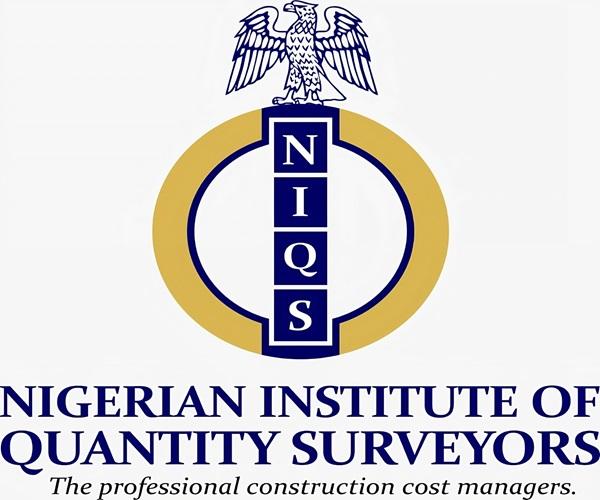The Nigerian Institute of Quantity Surveyors (NIQS) has raised an urgent call for decisive investment action to close Nigeria’s widening infrastructure deficit, estimating that a minimum of $150 billion annually is required from both the public and private sectors to bridge the gap.
This was the central message at the Golden Jubilee Anniversary Edition of the NIQS Distinguished Lecture Series, hosted by the Lagos Chapter, with the theme: “Building a Resilient Lagos Megacity: The Role of Sustainable Infrastructure in Economic Growth.”
Delivering the keynote address, Olusegun Ajanlekoko, a past NIQS President and Managing Partner at CEP Limited, described the situation as dire, citing a continent-wide decline in infrastructure equity investment, which dropped from $2.3 billion in 2023 to $1.4 billion in 2024.
He highlighted that Africa, and Nigeria in particular, is contending with enormous infrastructure deficits—from power supply to digital connectivity—stressing that Nigeria alone faces a projected $3 trillion infrastructure financing gap over the next 30 years, requiring annual commitments of at least $150 billion to remain on course.
“The challenge isn’t just in building, but in sustaining infrastructure. Quantity surveyors are central to this process, ensuring every naira spent delivers value,” Ajanlekoko said.
Citing data from the Global Private Capital Association, he noted that infrastructure accounts for 42% of all private capital deployed in Africa since 2023, yet the scale of the deficit still dwarfs investment flows.
He further underscored the role of quantity surveyors in managing large-scale projects, noting their expertise in budgeting, cost control, contract administration, and ensuring financial accountability across multiple stakeholders.
“These projects are capital-intensive and high-risk. Quantity surveyors ensure cost-effectiveness, compliance, and sustainability through rigorous financial analysis and project monitoring,” he added.
Chairman of the NIQS Lagos Chapter, Rilwan Balogun, said the lecture series was an opportunity to underscore the profession’s strategic contribution to Lagos’ transformation into a megacity.
“The technical know-how and leadership within our profession are vital to delivering the kind of sustainable infrastructure that supports economic diversification and urban growth,” he said.
Representing Lagos State Governor Babajide Sanwo-Olu, Engr. Dr. Adekunle Olayinka commended NIQS for 50 years of service, adding that the state remains committed to infrastructure-led development that aligns with long-term planning and smart city ambitions.
“Lagos continues to lead by example in urban infrastructure and we welcome partnerships that bring both innovation and transparency to the process,” Olayinka said.
The event drew senior members of the profession, including NIQS President Kene Nzekwe, former presidents, stakeholders from both public and private sectors, and infrastructure consultants. The institute reaffirmed its dedication to building capacity and driving sustainable economic growth through effective infrastructure delivery.




